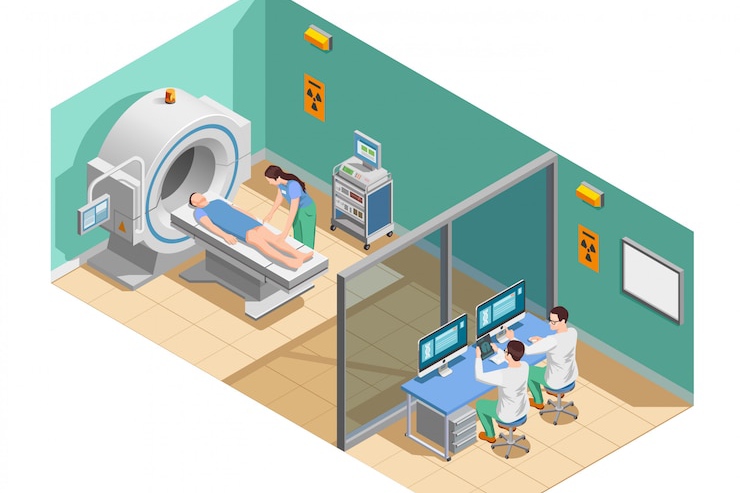
Neurology and Neurosurgery: Caring for Your Brain and Nerves
The brain and nervous system control everything in your body—from simple movements to complex thoughts and emotions. When something goes wrong with these systems, it can lead to serious health problems. That's where neurology and neurosurgery come in. These two fields of medicine focus on diagnosing, treating, and sometimes surgically fixing issues with the brain, spine, and nerves.
What is Neurology?
Neurology is the branch of medicine that deals with disorders of the nervous system, including the brain, spinal cord, and nerves. Neurologists are doctors who specialize in diagnosing and treating conditions such as:
- Strokes (damage to the brain due to blocked blood flow)
- Seizures (disruptions in the brain's electrical activity)
- Parkinson’s disease (a condition that affects movement)
- Headaches (including migraines)
- Memory problems (like Alzheimer’s disease)
- Multiple sclerosis (an illness that affects the brain and spinal cord)
Neurologists don’t perform surgery. Instead, they use tests like brain scans (MRI, CT) and electrical tests (EEG) to understand what’s going wrong. They then treat the condition with medications, therapy, or lifestyle changes.
What is Neurosurgery?
Neurosurgery is the surgical treatment of conditions that affect the brain, spinal cord, or nerves.
Neurosurgeons are highly trained doctors who perform surgery to treat conditions like:
- Brain tumors
- Spinal injuries
- Aneurysms (swelling of blood vessels in the brain)
- Hydrocephalus (fluid buildup in the brain)
- Severe nerve damage (like from a herniated disc)
While neurologists help manage conditions without surgery, neurosurgeons step in when surgery is necessary. They work with patients to determine the best treatment options and perform procedures that can save lives or improve function.
How Do Neurologists and Neurosurgeons Work Together?
Neurologists and neurosurgeons often work as a team. Neurologists are experts in diagnosing and managing neurological conditions without surgery. If a condition requires surgery, the neurologist will refer the patient to a neurosurgeon.
For example, a patient with a brain tumor might first see a neurologist to get a diagnosis through imaging tests. If the tumor is treatable through surgery, the neurologist will refer the patient to a neurosurgeon who can remove the tumor.
Why Are Neurology and Neurosurgery Important?
These two fields are vital for treating disorders that affect the brain, spine, and nervous system. Many conditions, like seizures or headaches, can be managed with medications and therapy. However, some conditions, like brain tumors or severe spinal injuries, may require surgery.
Thanks to advances in neurology and neurosurgery, many conditions that were once untreatable are now manageable. With early diagnosis and proper treatment, people with neurological conditions can lead healthy, productive lives.
Conclusion
Neurology and neurosurgery play key roles in maintaining brain and nerve health. Neurologists help manage conditions through non-surgical treatments, while neurosurgeons provide surgical solutions when needed. Both fields are essential for understanding and treating the complex problems that affect our nervous system, helping improve the lives of millions of people. If you or someone you know experiences neurological symptoms, it’s important to consult with a healthcare professional to get the right diagnosis and care.



